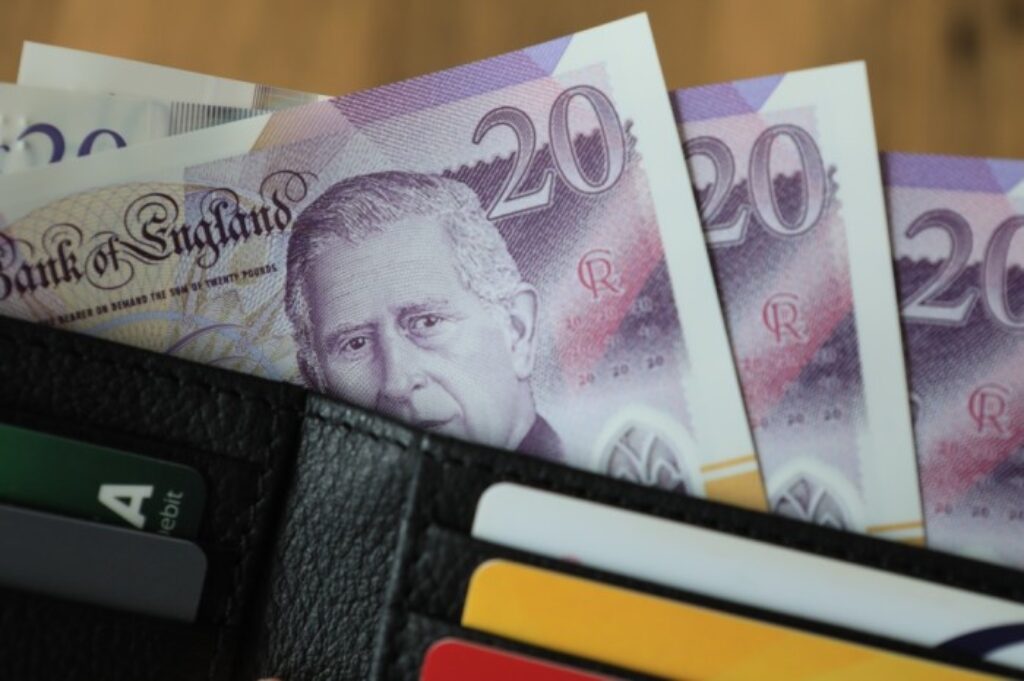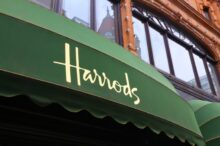
It left locals and tourists alike stuck on trains, planes and, in some cases, even elevators.
Hospitals even had to pause procedures and operations as residents realised electricity would not return to the room with a simple fuse change.
Far from it. The Spanish and Portuguese Governments declared a national state of emergency, and an investigation is ongoing into what caused the unprecedented blackout, but a cyber attack was not the reason, according to the Spanish grid.
One element of the lights going out for 55 million people was shop owners having to close and ATMs going down. It meant millions were unable to withdraw cash, and because of the world’s move to contactless, they were left without a chance of spending money (albeit with nowhere to use it).
The unexplained power cut comes less than a year after a Crowdstrike software update caused an IT outage, hitting online banking services for several high street banks.

How life insurance can benefit your health and wellbeing over the decades
Sponsored by Post Office
As the Spanish and Portuguese Governments try to shine a light on what happened, what would happen if something similar were to happen in the UK? How would households and businesses survive with no card or contactless payments?
‘We are going to get more of these outages’
Martin Quinn, commercial lead at Headline Money and member of Campaign for Cash, isn’t sure. He said: “I don’t think it would cope very well, and listen, we are going to get more and more of these outages, and I dare say cyber attacks will happen, but let’s face it, they probably will.
“Cash is needed, and cash needs to be not a back-up option but an equal to paying with a card, that’s one issue.
“There were signs in shops and cafes last year when the outage last July happened, saying: ‘We can only take cash, apologies for the inconvenience’. Well, why is it an inconvenience?”
Quinn also said cash usage should not be seen as something that purely includes pensioners or people with mental health issues, who are more likely to use cash payments more frequently.
“We shouldn’t compartmentalise everyone into groups; everybody should be able to use cash.
“If you have a restaurant or coffee shop and you have a sign that says you’re card-only, and if all they have on them is cash, you’re discriminating against that person. It doesn’t matter if they’re old, vulnerable or whatever; you are not taking their cash. And that can’t be right,” he said.
He added: “The big restaurant chains that say we’re card only, people should say: ‘You know what? I am going to go somewhere else where I can spend it.’
“You can’t have 300 stores saying, ‘we are card-only’, that’s not good enough. That’s why it needs to be mandated, because we cannot have this.”
Contactless coffees
The major cafes in the UK to go cashless are Pret A Manger and Gail’s, while Waitrose will only accept notes and coins at its cafes and tills where a staff member is on duty.
In the same week of the day-long outage, the Treasury Committee released its findings on its Acceptance of cash report and warned shops and cafes might have to start accepting cash as a given.
Dame Meg Hillier MP, chair of the Treasury Select Committee, said the UK is at risk of becoming “a two-tier society, where the most vulnerable bear the brunt, and this needs to be a wake-up call”.
Hillier added: “As a society, we must avoid sleepwalking into a situation where cash is no longer widely accepted.”
But Emma Reynolds, the Economic Secretary, insisted the Government has no plans to regulate businesses into “compelling” them to take cash.
Quinn has little hope that anything will change.




